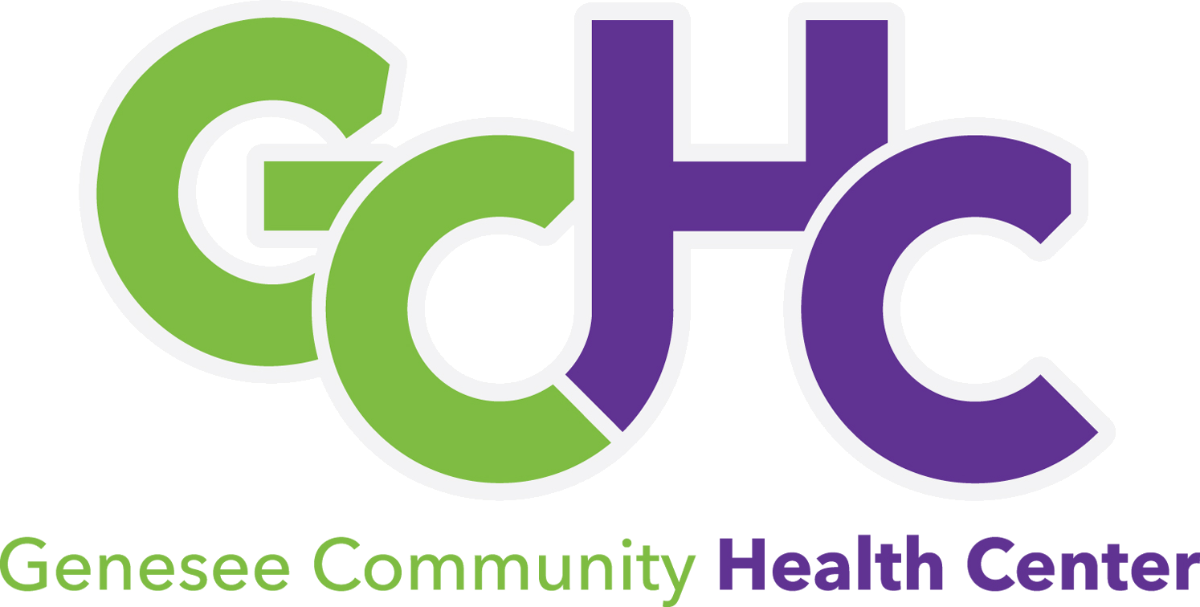2022 Mini Grant Program
See our partners at work through the GHS 2022 Mini Grant Program!
GHS supports partner organizations committed to serving our Genesee County community in areas that tie to the Mental Health Millage Focus Areas. Non-profit organizations in Genesee County were invited to submit proposals through a competitive application process.
GHS is proud to announce the following community partner awardees!
Total Investment: $382,487
Projected Number of Directly Served Residents: 2,518
Motherly Intercession, Award $46,088: This program serves women currently or previously incarcerated, as well as those impacted by incarceration, to provide parenting and co-parenting skills training. An integral element is to include group based emotional support to reduce negative emotions and improve coping, improve parental relationships with children, promote positive parenting practices, and reduce recidivism to incarceration.
Youth Arts Unlocked, Award $5,500: This “Yoga for All” program is targeted toward youth at the Genesee County Juvenile Detention Center suffering from behavioral health issues, suicide risk, and/or trauma reactions. Regular yoga sessions intend to teach incarcerated youth skills in emotion regulation, stress management, and self-esteem to promote successful re-entry back in to society.
Bethel United Methodist Church, Award $10,000: Through the “Flint Freedom Schools Collaborative”, children K-12 and young adults will receive trauma informed, culturally relevant, multigenerational approaches to address educational and mental health needs within families through summer reading based programs. Daily summer programming hopes to promote gains or reduce summer learning loss in reading, promote skills necessary for academic and workplace success, and support trauma informed emotional wellness within the family structure.
Ele’s Place, Award $16,000: This peer support school based grief group program targets middle and high school students who have experienced the loss of a caregiver or important figure in their support system. Students receive a mix of professional and peer support to assist with improving emotional health and facilitate an increase in positive behavior during school.
Flint Institute of Music, $31,339: Serving children K-8th grade impacted by prolonged isolation due to the pandemic, lead exposure, trauma, and/or proven neurological impacts (lead). This music and movement based therapy programming will target behavioral and mental health related concerns. Main goals include emotion regulation, stress management, and improvement in peer interactions/relationships.
Mt. Morris Consolidated Schools, Award $50,000: The ‘Capturing Kids Hearts District by Design’ curriculum provides training to school staff to assist in effectively building trusting relationships between students, staff, caregivers, and the community. These supportive skills can be applied by staff with a goal to reduce the quantity of crisis level interventions and mental health screenings needed during schools hours.
Voices for Children Advocacy Center, Award $50,000: A robust catalogue of trainings targets both racially/ethnically diverse youth and school related adults (parents, teachers, counselors) covering topics including body safety for kindergarten through second grade students, trauma and resiliency, talking to children about racism, infant safety, preventing child sexual abuse, preventing human trafficking, mandated reporting of child maltreatment, internet safety, and supporting LGBTQIA+ Youth. There is a specific focus to increase safety and decrease suicide risk for LGBTQIA+ youth.
African Drum and Dance Parent Association, Award $25,000: The ‘Life Skills and Cultural Awareness Project’ strives to provide supports to at risk youth when school is not in session (after school, weekends, summer) and in-school residencies to Flint Community Schools special education classrooms. Key programmatic areas include music and movement geared toward building peer relationships and emotion regulation as well as cultural awareness education, personal hygiene, home economics, and entrepreneurship.
Communities First, Inc., Award $46,980: Through their ‘Supportive Services Program’ persons living in Communities First, Inc. housing developments, or those hoping to gain housing in one of those developments with low to moderate income levels, will have access to a Supportive Services team member to establish and maintain secure housing. An important element to this program is the support a person receives to link to resources to help them meet their basic needs, which also includes physical/behavioral health needs.
Crim Fitness Foundation, Award $30,250: A community capacity building effort to engage Black, Indigenous and People of Color (BIPOC) Ambassadors in Flint in intensive training so the science and strategies to support mental well-being can be shared in community locations where people naturally gather. Goals include linking to local resources to de-stigmatize mental health, navigate stress and trauma reactions, and foster resilience.
Greater Flint Health Coalition, Award $11,080: This ‘Commit to Fit, Cooking with Kids’ intervention seeks to include low income families and underserved populations with children K-6th grades in identifying and learning to prepare nutritious and affordable meals. Main goals of this program include improving eating habits to include lead mitigating foods, reduce and/or prevent obesity, and increase emotional support opportunities within caregiving relationships through improved communication during meal prep and eating times.
McLaren Flint Foundation, Award $41,000: ‘Healing through Art’ is an art therapy program that provides methods of coping to those impacted by cancer. Art therapy promotes physical and emotional wellness with a goal of this program to turn no one away due to inability to pay for therapy programs considering they may also bear heavy financial burdens associated with cancer treatments.
Revive Community Health Center, Award $19,250: The ‘Revive Healthy Feeding’ workshop series targets new and expecting mothers in underserved areas experiencing emotional distress due to the insecure baby formula supply chain. The workshop series provides educational resources, emotional support from professionals and peers, and linking to resources to ensure no baby is without an age appropriate food source. Breastfeeding information and mental health education are also highlighted, including how to identify and address postpartum health and mental health needs.

